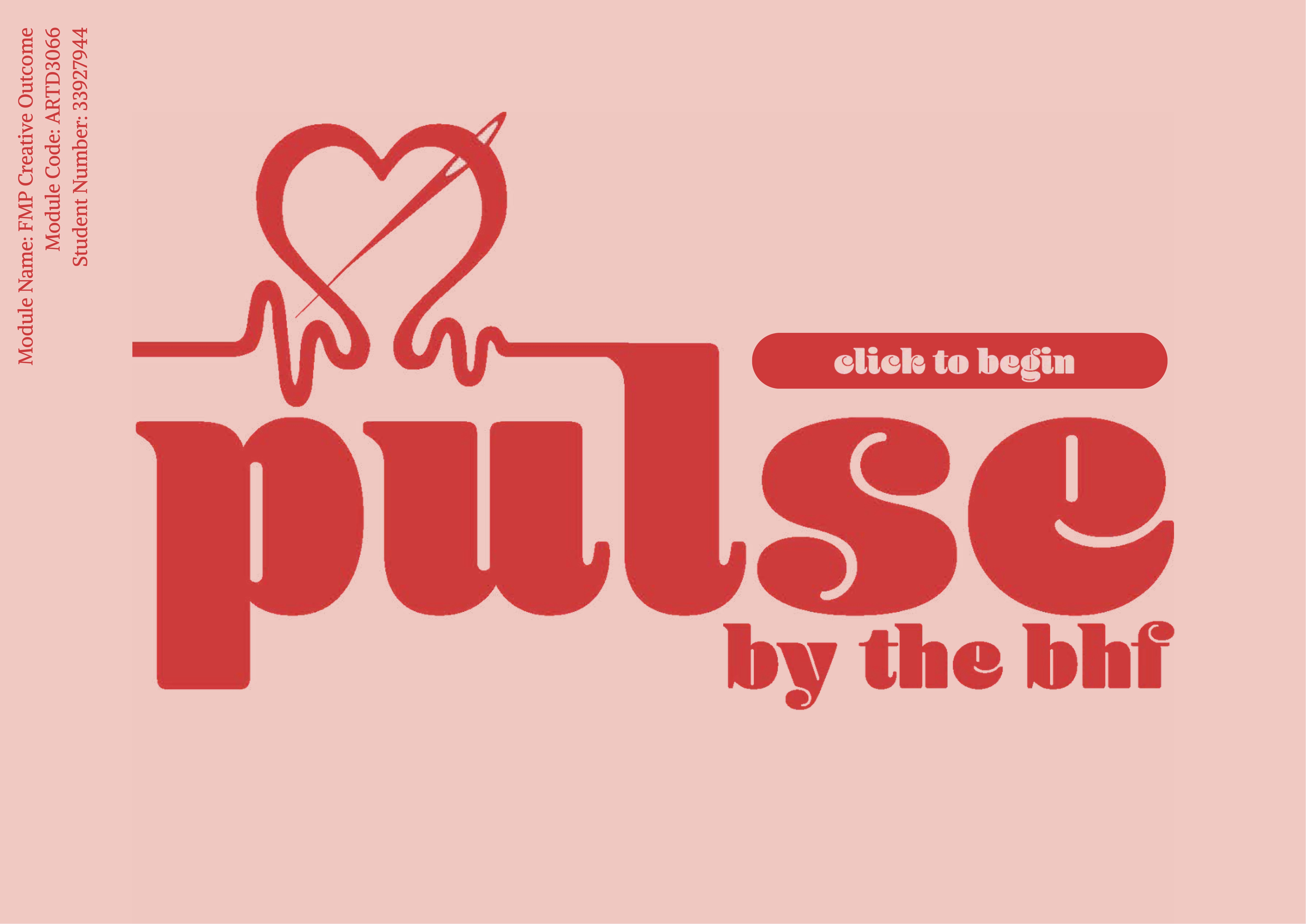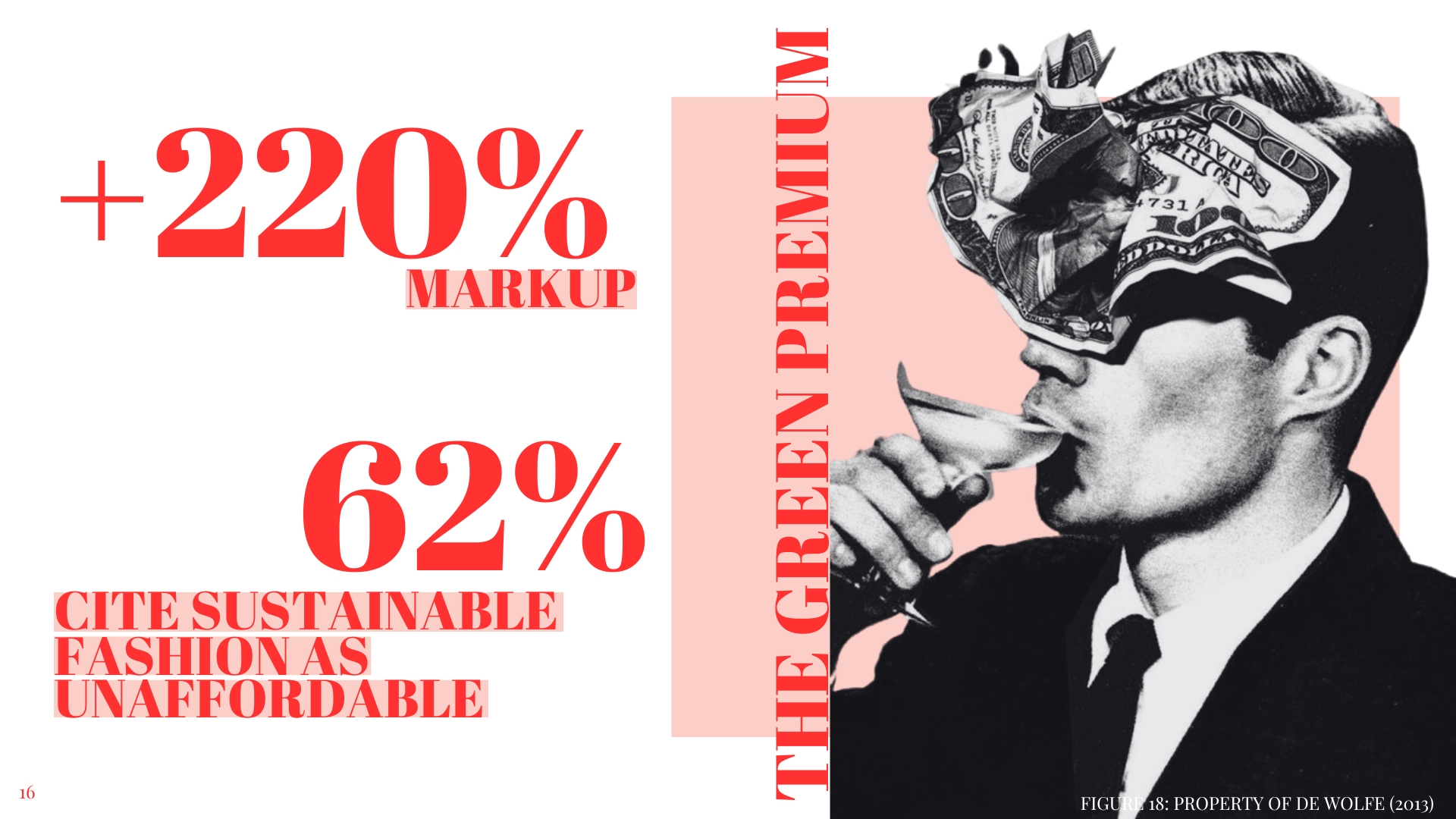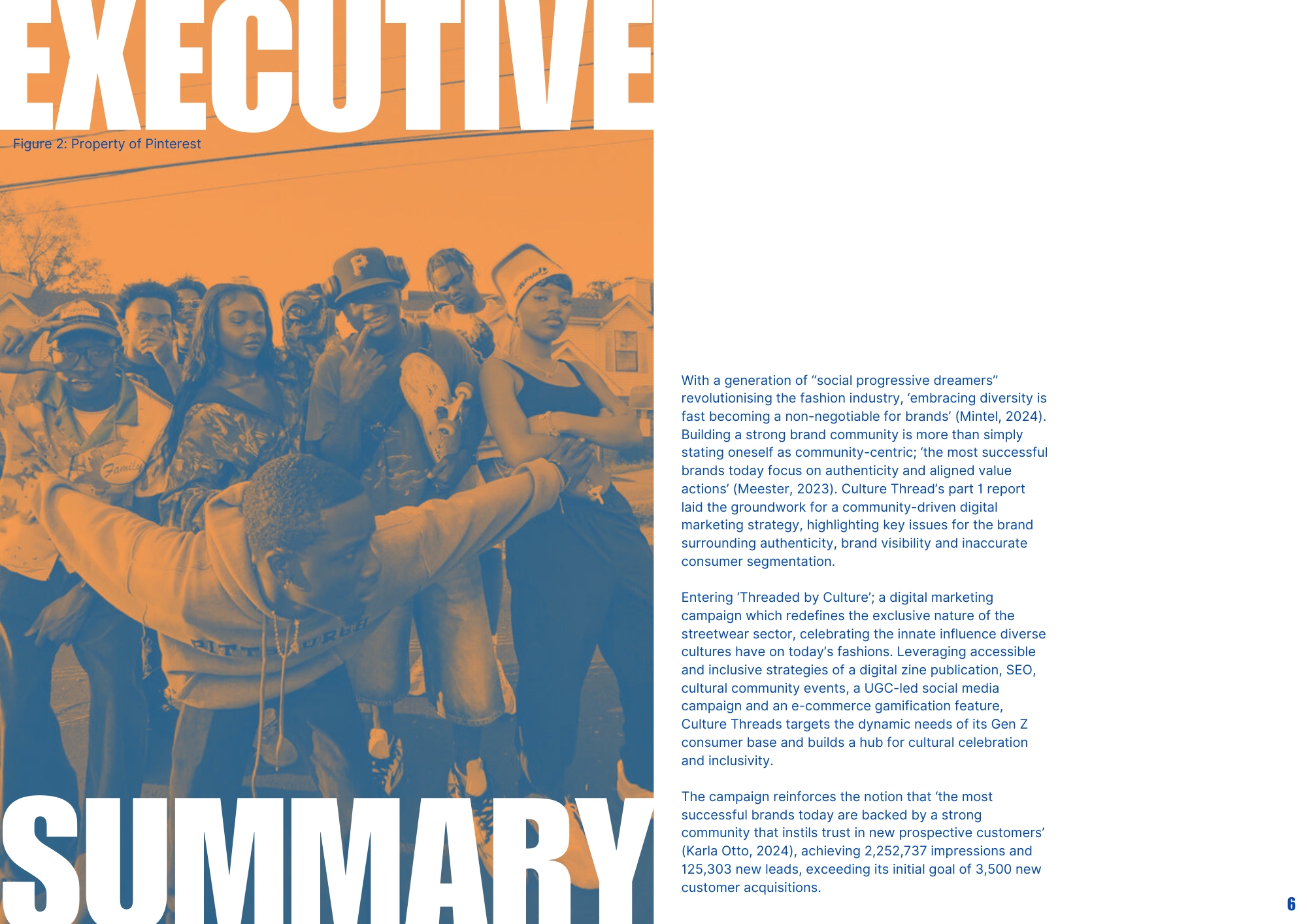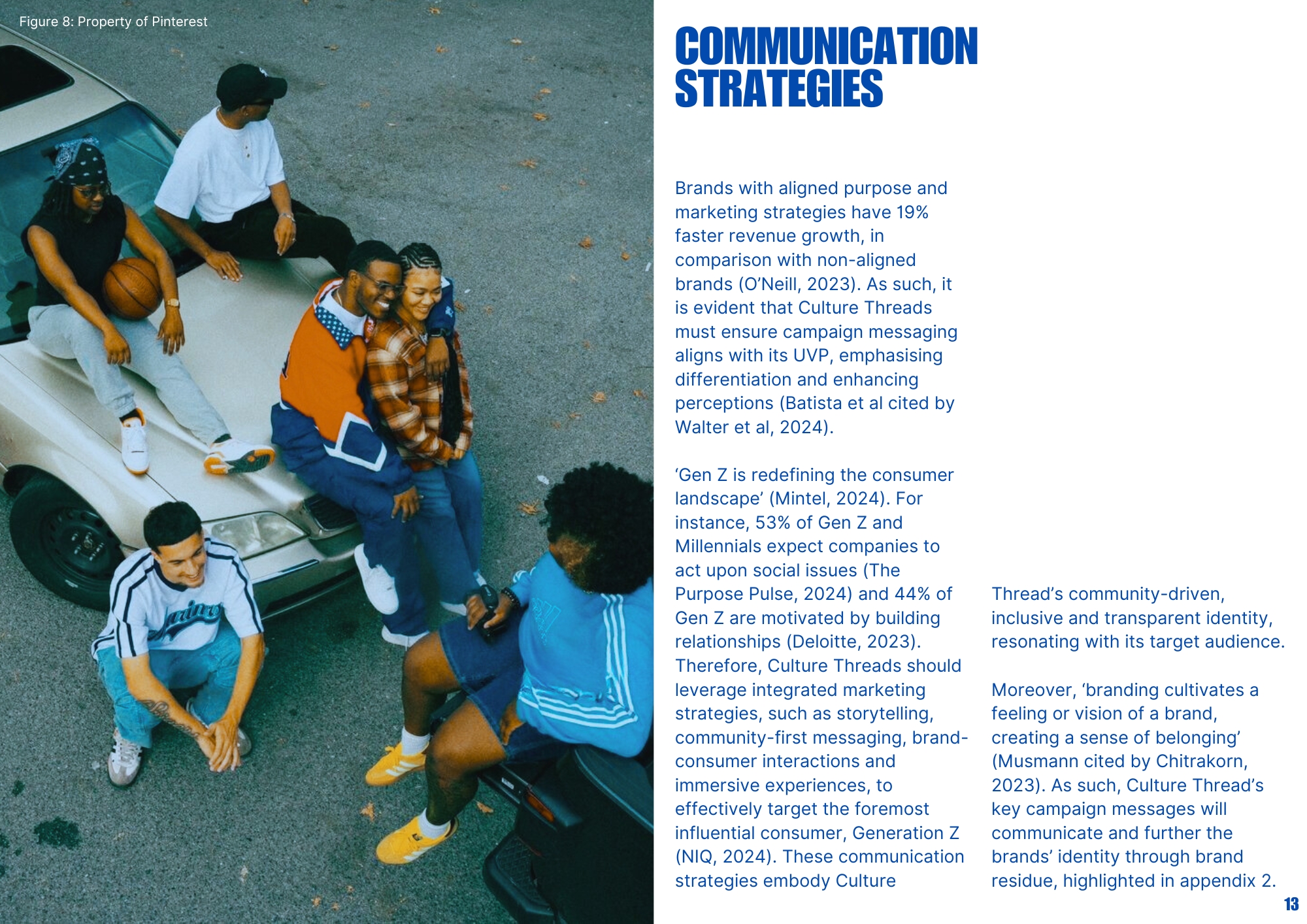Dorothy Lewis
Scroll to explore

Throughout my time at the University of Southampton, I was fortunate to learn from industry professionals and be a part of a diverse student community that reflected a wide range of cultural and socio-economic backgrounds. This unparalleled experience broadened my comprehension of fashion as both a capitalist industry and a driver for social commentary. With this, I became increasingly aware of the say-do gap among my Gen Z peers; while sustainability is increasingly promoted in the 21st century, it remains largely inaccessible. What began as a counterculture movement has evolved into a capitalist necessity, where consumers are often shamed for not engaging with sustainability, despite evident financial and accessibility barriers. Posed as an ethical solution to fast fashion, sustainable fashion remains a privilege, posing environmental consciousness as a status symbol, as opposed to a holistic solution to the earth’s environmental crisis. In turn, my Final Major Project examined the pricing and accessibility of the UK sustainable fashion sector, highlighting how industry practices reinforce classist perceptions among Gen Z consumers. In response, I proposed a viable digital solution to aid a truly inclusive, accessible and equitable future for the sustainable fashion industry. This project reflects my broader interest in fashion’s socio-political impact and my commitment to driving change in an inherently classist industry.




